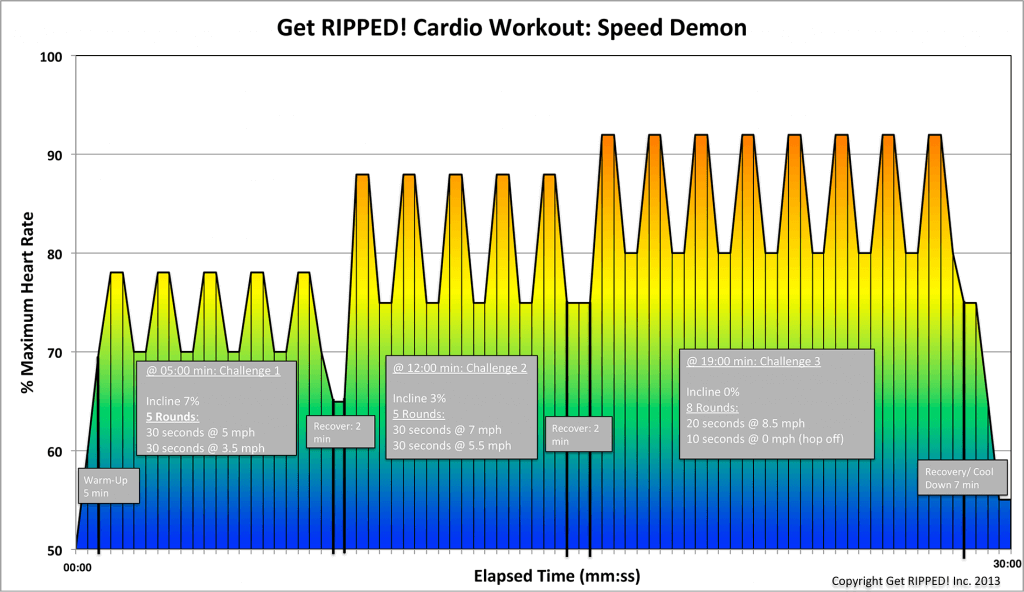Blog
Benefits Of Strength Training For Younger People
There’s a misconception that strength training may harm children and younger people. Nothing could be further from the truth. There are benefits for humans of all ages. The key to strength training for younger people is readiness. Younger children around seven or eight can benefit from bodyweight exercises. As they get older and more able to follow directions, weight training may be appropriate. It’s all about the developmental level of the child and the level of professional training aiding the child. With that said every human benefits from some form of strength training.
All types of exercise provide benefits.
Whether it’s building strong muscles, increasing endurance, perfecting balance, or improving flexibility, exercise is beneficial. Strength training helps build stronger bones, muscles, and joints. It can benefit younger people participating in sports by improving performance. It builds body awareness and improves body control and balance. The stronger your muscles, the less prone an individual will be to injury. That’s true no matter what the age.
Strength training can help prevent mental issues.
It’s hard being young. Many young people lack the confidence required to face many of life’s issues. It can result in isolation or making rash decisions that are counterproductive. Building strength provides a consistent effort and goal orientation. Discipline and seeing the results can help build confidence and aid in preventing compulsive behavior. Strength training improves posture, which plays a role in confidence. Stronger people stand taller and look more confident. In turn, people treat them as if they’re more confident and it becomes a self-fulfilling prophecy.
Strength training can speed up recovery in young athletes.
Besides training sports-specific areas to build power, strength training can also speed recovery after a tough workout. It helps boost stamina and besides increasing bone density, helps improve heart health. Strength training also boosts metabolism and can be an aid in fighting obesity. The more muscles a person has, the more calories they burn and the less prone they are to gain weight.
Children can start doing simple strength training at about age 7 or 8 if they’re ready for it. It’s a great way for parents to bond with their children. Simple bodyweight exercises are best for children at this age.
Learning proper form is mandatory no matter what age a person starts strength training. It’s especially vital for younger people who are developing habits and setting patterns for future years. Start with lighter loads and fewer repetitions.
No matter what age you do strength training, always focus on safety. For teens and younger children, supervise it. Ensure every session starts with a warm-up and ends with a cool-down.
Young individuals should focus on all types of training, not just strength training. For children up to adulthood, explosive powerlifting and rapid lifting should be discouraged until they reach skeletal and physical maturity.

